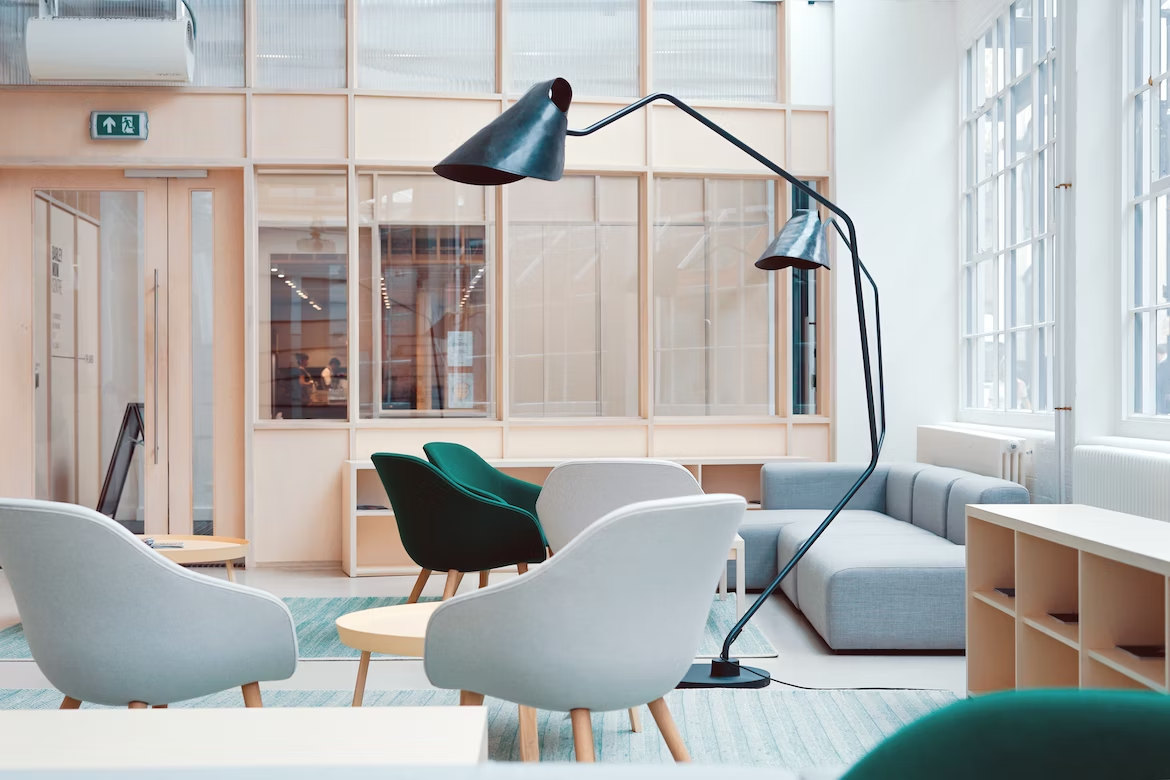Table of Contents
In an era where convenience and online shopping have become integral parts of consumer behavior, industries across the board are experiencing significant shifts. The furniture sector is no exception, with furniture delivery emerging as a crucial aspect of the modern business landscape. With that, let’s delve into the profitability of furniture delivery, exploring its advantages and disadvantages while considering the industry’s evolving dynamics.
The Evolution of Furniture Delivery
The proliferation of e-commerce has been a major driving force behind the surge in demand for furniture delivery services. Shoppers now have easy access to an array of furniture resources online, allowing them to do price research without ever leaving the house. And with the inclusion of efficient dispatching software, this digital transformation has given rise to a new set of customer expectations where prompt and efficient delivery is a key consideration in the buying process.
The Advantages of Furniture Delivery Services
- Convenience and Accessibility: Offering furniture delivery services caters to the convenience-seeking consumer demographic. By eliminating the need for customers to transport bulky furniture themselves, businesses provide an added layer of accessibility to their products.
- Expanded Market Reach: Furniture delivery allows businesses to transcend geographical limitations. Companies can now tap into markets that were once beyond their physical reach, thereby increasing their potential customer base.
- Diversification of Services: Furniture delivery services can extend beyond transporting goods. Many businesses offer assembly and setup services, enhancing customer satisfaction and potentially commanding higher prices.
- Customer Loyalty and Repeat Business: When a customer has a good experience with the delivery process, it can contribute to customer loyalty and repeat business. Satisfied customers are likelier to recommend the service to others, contributing to long-term profitability.
- Technological Integration: Embracing technology can optimize delivery operations. Technologies include software that optimizes routes and tracking systems that update in real-time, minimizing operating expenses while increasing productivity and efficiency.
The Challenges of Furniture Delivery Services
- Logistical Complexity: The furniture delivery business has its challenges. The diverse nature of furniture items, with variations in size and fragility, adds a layer of logistical complexity that requires careful planning and execution.
- Initial Capital Investment: Establishing a furniture delivery business necessitates significant upfront investments in vehicles, equipment, personnel, and technology. These costs can impact short-term profitability.
- Competition and Pricing Pressure: The competitive landscape of furniture delivery can exert downward pressure on prices, potentially squeezing profit margins. Differentiating through exceptional service quality becomes essential.
- Operational Efficiency: Inefficient processes can lead to delays, errors, and customer dissatisfaction. Maintaining operational efficiency is crucial to ensure timely deliveries and positive customer experiences.
- Seasonal Fluctuations: The demand for furniture can exhibit seasonal fluctuations, affecting the predictability of business operations and potential profitability.
- Customer Expectations and Reputation Management: The digital age has amplified the impact of customer reviews and social media on a business’s reputation. Negative feedback can harm a business’s profitability by deterring potential customers.
Balancing Profitability and Service Quality
While the furniture delivery business presents opportunities and challenges, the key to success is balancing profitability and service quality. Entrepreneurs in this space must be prepared to invest in technology, streamline operations, and prioritize customer satisfaction. By aligning these elements, businesses can position themselves for success in an increasingly competitive market.
On A Final Note
The question of whether furniture delivery is a profitable venture is multifaceted and dependent on various factors. The evolving consumer landscape, driven by the rise of e-commerce, underscores the importance of efficient and reliable furniture delivery services.
While challenges such as logistical complexities and pricing pressures exist, businesses that navigate these obstacles while providing exceptional service have the potential to tap into a lucrative market and secure long-term profitability.





